Dehydration And Tiredness
Dehydration and tiredness are deeply related. What are the benefits of good hydration? How much water should you drink and when should you drink it?

How do you know if you’re dehydrated?
Many of us fail to drink sufficient water to keep our bodies functioning at an optimal level. Part of the reason for this is that we have neglected the signals of thirst for so long that we no longer recognize them. A common pattern is to label thirst as hunger and then immediately go and eat something. This only makes the problem worse, particularly if we eat something sugary. With practice, though, you can retrain yourself to start to feel thirst as thirst. One of the best ways to do this is to start by having a bottle of water always with you and continuously sipping water all the time. In time, you will begin responding accurately to the thirst signals that your body is sending you and be able to distinguish them from hunger. As well as becoming sufficiently re-hydrated, this should help with weight loss also.
One of the signs of dehydration is tiredness. So if you’re chronically tired, drink water instead of a cup of coffee or other stimulant. In fact, coffee will dehydrate you yet further because of its diuretic effect. A diuretic makes you produce more urine than usual thus getting rid of even more water from the body.
Other signs of dehydration include waking up dizzy, thirsty or with a headache. This is because when we are asleep, our veins dilate and body circulation increases. With insufficient water in the body, our blood begins to clot and the processes of de-toxification and cellular regeneration are hampered. So the benefits of sleep are reduced if we don’t drink enough water.
Given the fact that a high percentage of the body is actually composed of water (and in the case of the brain cells it is much as 85%) it is hardly surprising that we need water to function optimally.
What are the benefits of good hydration?
Just as water is needed for digestion and other processes, it is also vital if you are to get good quality sleep. During our sleep time, the brain (which requires more water than any other part of the body) uses water and glucose as energy sources. In fact, water becomes a form of hydroelectric energy – an energy that our cells create from water. Even as little as a 5% reduction in the water supply to the brain can cause memory loss and additional fatigue. Without water, the brain just won’t function as well as it can with water. As we rely on our brain particularly during sleep to direct the autonomic processes of our body and go through the various sleep stages and cycles, having enough water to carry out these tasks with ease is crucial.
One of the benefits of good hydration is improved sleep. Other advantages include:
- Better functioning of the endocrine glands e.g. thyroid, adrenals etc.
- Improved muscle tone brought about by the muscles being flexible enough to contract properly.
- Regular flushing out of toxins which leaves the skin looking clearer and smoother.
- Improved weight loss because water not only suppresses appetite and alleviates food cravings, it also helps the body metabolize stored fat.
How much water should you drink and when should you drink it?
It’s a good idea to measure the water you drink each day. There’s a saying in the building trade that whatever is measured, automatically improves. This is because there is a focus on the outcome and positive feedback comes from knowing how much of the task has been successfully achieved. Gradually increase the amount you drink each day.
On average you should drink about 2 liters of water a day. (You will need even more water in very hot or dry climates or if you are heavier.) This equates to eight 8-ounces glasses, which can be easily remembered as the ‘8 X 8’ rule.
Drink water throughout the day, gradually reducing your intake in the evening so that you won’t have to get up in the night and go to the bathroom.
Here are some tips for drinking more water:
- Always carry a bottle of water with you and drink from that. This way, you will have water to hand and can take it little and often and, as an added bonus, you will be able to measure your intake of water.
- Avoid drinking water just before meals because this will dilute your gastric juices, making digestion harder. Drink a glass of water at least twenty minutes before a meal.
- Take an extra glass of water to compensate for each cup of tea and coffee you drink. Do the same for alcoholic beverages as they can be exceptionally dehydrating.
- It’s best to drink either filtered or mineral water. If you do have to drink tap water, allow it to run for about 30 seconds, so that you avoid drinking in particles in the pipes (e.g. lead) that can be found in tap water.
- Wear a watch and set it to remind you at intervals of an hour that it’s time to drink a glass of water. Alternatively sip water on a regular basis.
- Drink two glasses of water on waking, as you haven’t had any for quite some time.
- If you don’t like the taste of water, try putting a slice of lemon in it. This will alkalinize your body (a good thing) and give the water a slightly different taste. You could freeze the lemon slice as an alternative, or, for a twist, use a slice of orange.



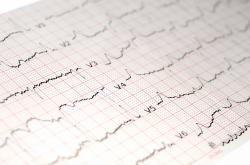
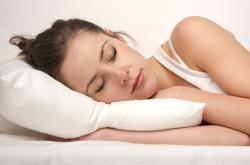
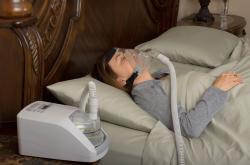

.jpg)
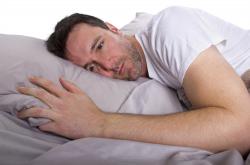
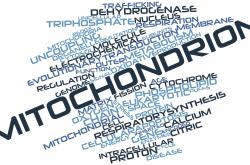





Leave a comment